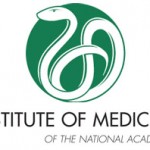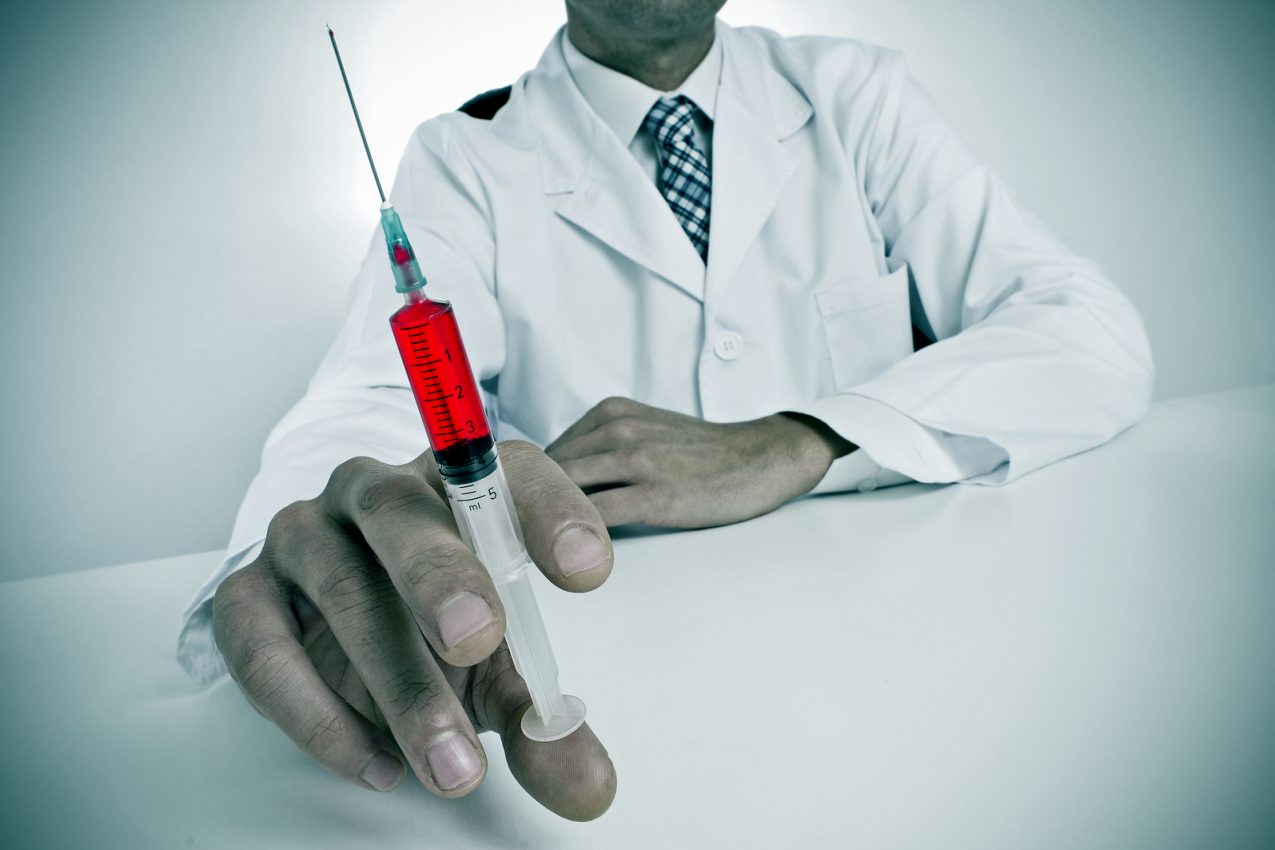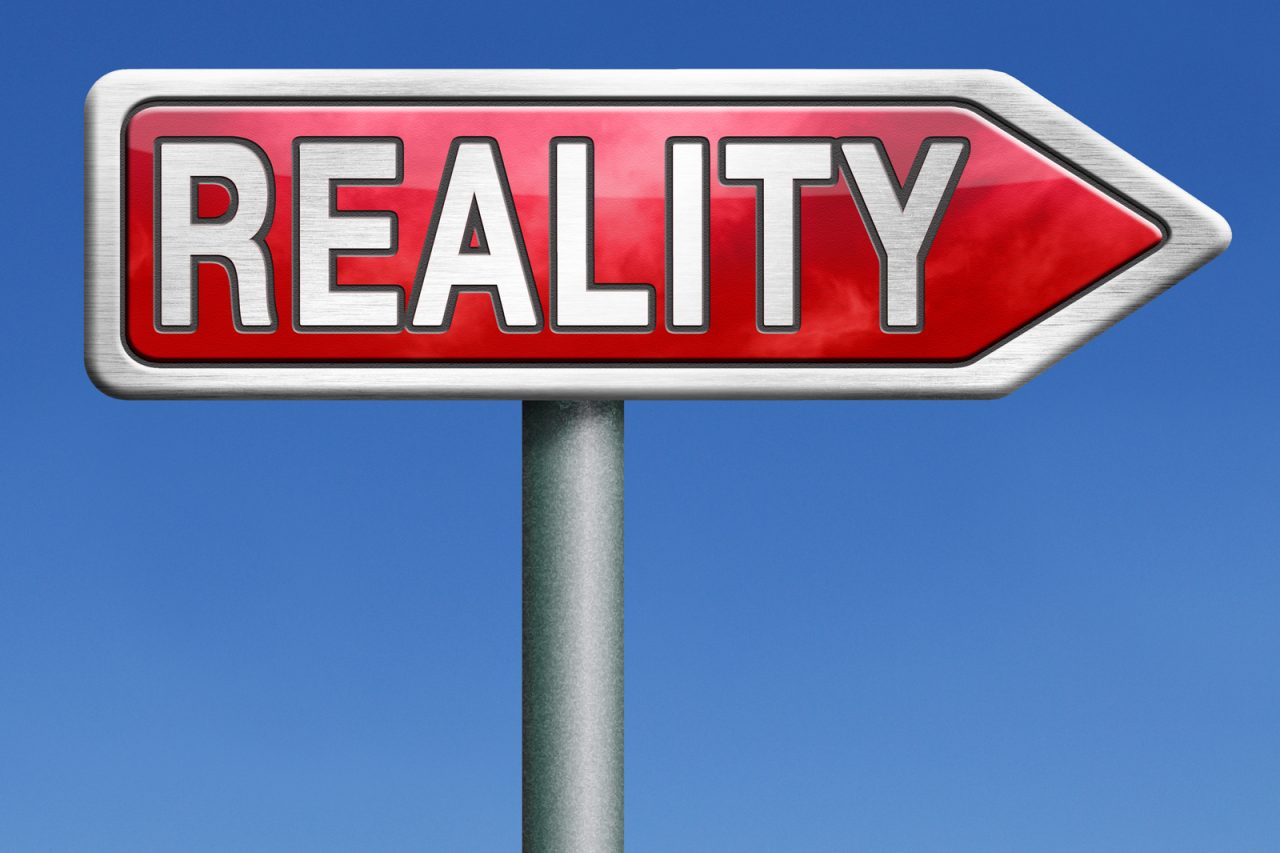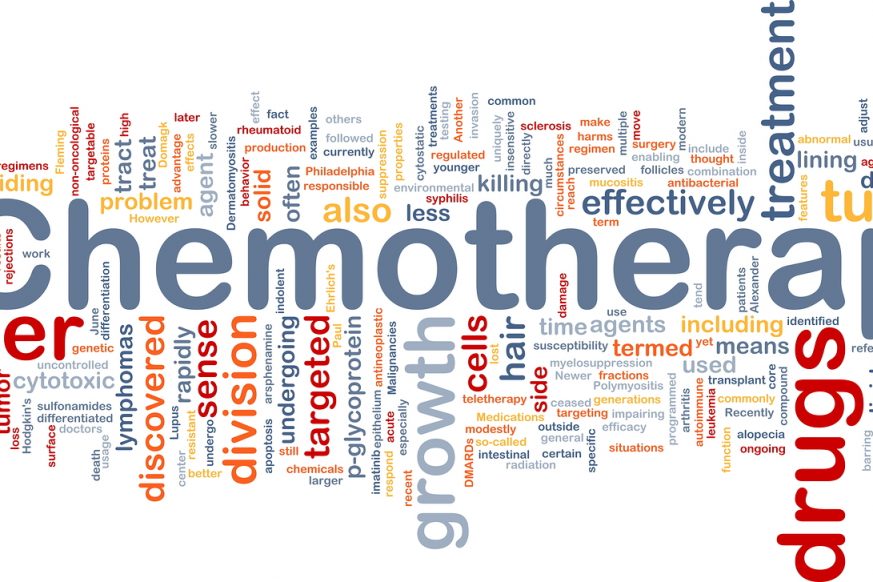“All your patients will die. Maybe not today, but someday. The defining fact of life is that it ends. Only a fool would dedicate their career to fighting something that can never be beaten. Therefore, a doctor’s task cannot be to fight death. A doctor’s task is to heal when possible and prevent suffering always. Our calling is to support life. Fighting death may deprive patients of the opportunity to live the last part of their lives well or at least on their own terms.”
This is my introduction to a lecture on the importance of quality end-of-life care. I emphasize the need to be honest about what is happening and what is truly possible. I urge doctors to give information and support so that patients can cope, rather than the ephemeral hope of excess treatment and tests. Empower and equip patients to live, as well as possible, during their final days.
Recently, on completing this talk for a group of physicians, we had a talkback session. The discussion ranged from the legal, ethical, and financial, to practical ideas about pain control and treating depression. These are common concerns among doctors who deal with very sick people and their families. However, there was one comment, which was not only unique, it gave me disturbing insight into the obstacles we face in providing palliative medicine.
A physician raised his hand and said; “I think that the increasing emphasis on end-of-life in medicine, and among patients, is a dangerous slope. If we are not careful, it will set us back a hundred years. When we change from curing, to dying, we are giving up. We will no longer try to defeat disease. New medical research will stop. Hospice does not only mean that individual patients are dying, it also means the end of modern medicine and maybe all of our society.”
OK, I was shocked. This was the strongest, clearest, most twisted argument I have ever heard against end-of-life care. This doctor is saying that you must have it one-way or the other. Either we fight disease and death with every sinew of our beings, pumping chemotherapy and filtered air into every withered body, seeing death always as failure, or we surrender to the infinite reality that we are mortal, accept the Darwinian facts of our demise, and simply wait to die.
In such a world, where the idea of a terminal diagnosis is blasphemy, the last days of life would be a guinea pig opportunity for experimentation and research. We would treat until the last drop of blood is consumed. What would be the ultimate goal of medical research? Relieve suffering? Improve quality? No; if we do not recognize our limits, if we do not seek peace in the face of the inevitable, then the holy grail of medical research will be to fight death itself. The goal will be immortality.
This is a frightening concept; instead of discovery that seeks to elevate and improve life, we will sacrifice human beings on the gristmill of horrendous fantasy. There is no limit to the potential for Mengelian butchery when we can justify any price in a goal to become god.
A health care system that does not empower patients with honest choice during the last of their lives, whose core value is not to respect individuals and support their needs, will treat without end and dissect without mercy. The paradox is that if we do not recognize the absolute nature of death, we devalue the beauty and marvel that is life.







10 Comments